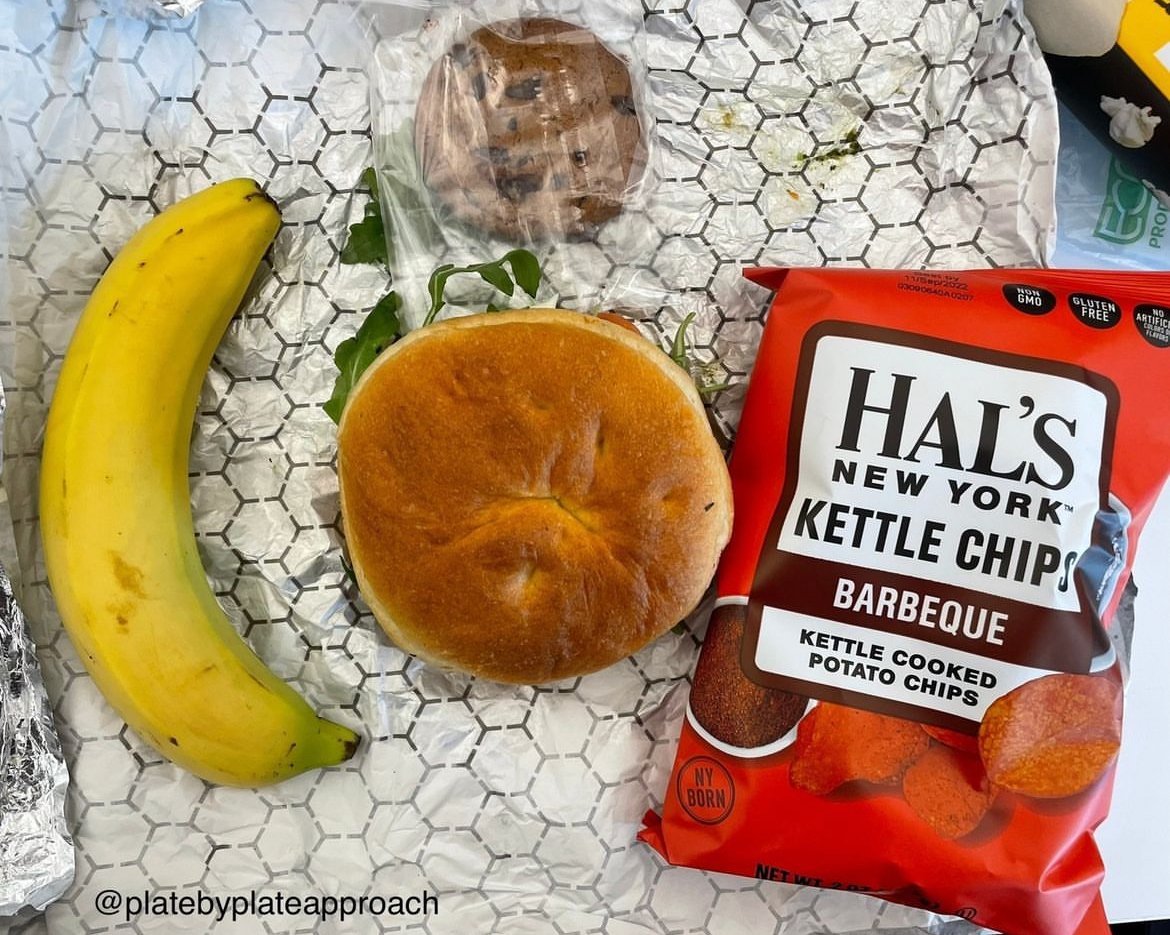Returning to School In Eating Disorder Recovery
Going back to school while being in recovery for an eating disorder can be a daunting experience. It’s a place full of social interactions, academic pressures, and a structured schedule that might not always align with the needs of someone in recovery. But with the right support system in place, it’s entirely possible to navigate this journey. This blog aims to provide insights and tips from both the caregiver's and the student's perspectives to make this transition smoother.
From the Caregiver's Perspective
As a caregiver, watching your child go through the challenges of an eating disorder and then return to the school environment can be worrisome. Here’s how you can help:
Stay Informed: Understand your child’s triggers and coping mechanisms. Being informed will help you support them better.
Maintain Open Communication: Regularly check in with your child about how they’re feeling and any challenges they’re facing at school.
Coordinate with the School & Treatment Team: Meet with teachers, school counselors, and their outpatient treatment team to help accommodate your child's needs and to be on the same page.
Encourage Balance: Help your child maintain a balance between schoolwork, recovery activities, and relaxation time.
Model Healthy Behaviors: Show your child that it’s okay to take breaks, eat consistent meals, and prioritize mental health.
From the Student's Perspective
Returning to school during recovery can be overwhelming, but remember, you’re not alone. Here are some tips to help you navigate this journey:
Communicate Your Needs: Don’t be afraid to let your teachers and friends know what you need. Whether it’s a quiet place to eat or extra time for assignments, your needs matter.
Find Supportive Friends: Surround yourself with friends who understand and respect your recovery journey.
Use School Resources: Along with your treatment team, don’t hesitate to reach out to school counselors or support groups. They’re there to help.
Practice Self-Care: Make time for activities that make you feel good, whether it’s reading, art, or spending time with friends.
RESOURCE!
Check out @platebyplateapproach on Instagram to see plate visuals for meals and snacks
Tips for Support
For Students:
Plan Meals: Depending on your age, plan your meals and snacks ahead of time (*parents this might be where you step in). Having a plan can reduce anxiety around eating. If you are living on campus check to see if your dining hall shares their upcoming menu!
Create a Schedule: A consistent daily schedule can help manage stress and ensure you’re taking care of your recovery needs such as navigating appointments and eating meals.
Remember it is okay to say “no”: Academics & school activities are filled with so many commitments. It is okay to say no to activities, engagements, or classes (not saying this feels good). A school advisor or coach can be a resource for tackling this adjustment.
For Caregivers:
Be Patient and Understanding: Recovery is a gradual process. Be patient and offer a listening ear without judgment. Back to school season is not the time to pause their treatment and over book activities.
Encourage Social Interaction: Help your child stay connected with friends and engage in social activities that make them happy.
Planning meals: Your child may need help packing their lunch and snacks for the day. They need this support and structure. Their dietitian can work with you to figure out how to navigate this for your individual household.
Returning to school during eating disorder recovery is a significant step, but with the right support from caregivers, the school, and the students themselves, it can be managed effectively. With patience, understanding, and open communication, students can thrive both academically and personally.
Contact
Emilee Young is an eating disorder dietitian and founder of Embrace Nutrition Counseling. She supports all ages and genders in healing their relationship with food and embracing their natural body size. She specializes in binge eating disorder and works from a Health at Every Size and Intuitive Eating framework.
Embrace Nutrition Counseling provides virtual nutrition counseling to residents in Virginia, DC, and Maryland. Including Virginia Beach, Roanoke, Blacksburg, Charlottesville, and Richmond Virginia.
Services offered include support for:
Eating disorders
Disordered Eating
Eating challenges related to anxiety, depression, and trauma
Prenatal and Postpartum Care


